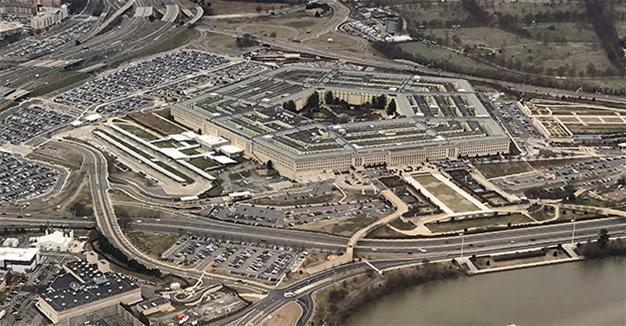US reassures Qatar with arms sale, drill
 The United States agreed a major warplane sale to Qatar and began maneuvers with the emirate’s navy on June 15, underscoring its commitment to their military alliance despite Doha’s rift with other Gulf allies.
The United States agreed a major warplane sale to Qatar and began maneuvers with the emirate’s navy on June 15, underscoring its commitment to their military alliance despite Doha’s rift with other Gulf allies.Washington has sent conflicting signals to its longtime ally about its position on the diplomatic crisis which has seen Saudi Arabia and its allies impose sweeping sanctions on the emirate.
Last week, U.S. President Donald Trump expressed support for the Saudi-led allegations against Qatar, charging that it had “historically been a funder of terrorism at a very high level.”
But Pentagon and State Department officials have since scrambled to reassure the emirate, which houses the largest US airbase in the Middle East and the command headquarters for U.S. military operations in Iraq, Syria and Afghanistan. U.S. Defense Secretary Jim Mattis welcomed his Qatari counterpart Khalid al-Attiyah to Washington on June 14 for the signing of the agreement for the sale of F-15 fighters.
“The $12-billion sale will give Qatar a state-of-the-art capability and increase security cooperation and interoperability between the United States and Qatar,” the Pentagon said.
It did not provide additional details on the sale but Bloomberg reported it could involve as many as 36 warplanes.
Attiyah told the official Qatar News Agency the agreement would boost the emirate’s defences and create 60,000 jobs in the United States.
“We believe that this agreement will propel Qatar’s ability to provide for its own security, while also reducing the burden placed upon the United States military in conducting operations against violent extremism,” he said.
The Pentagon meanwhile deployed two warships to carry out joint maneuvers with the Qatari navy in the Gulf.
The vessels docked in Hamad Port, south of the capital Doha, on Wednesday, the Qatari defense ministry said.
Mattis and Attiyah also discussed the U.S.-led military campaign against the Islamic State jihadist group and “the importance of de-escalating tensions so all partners in the Gulf region can focus on next steps in meeting common goals.”
















